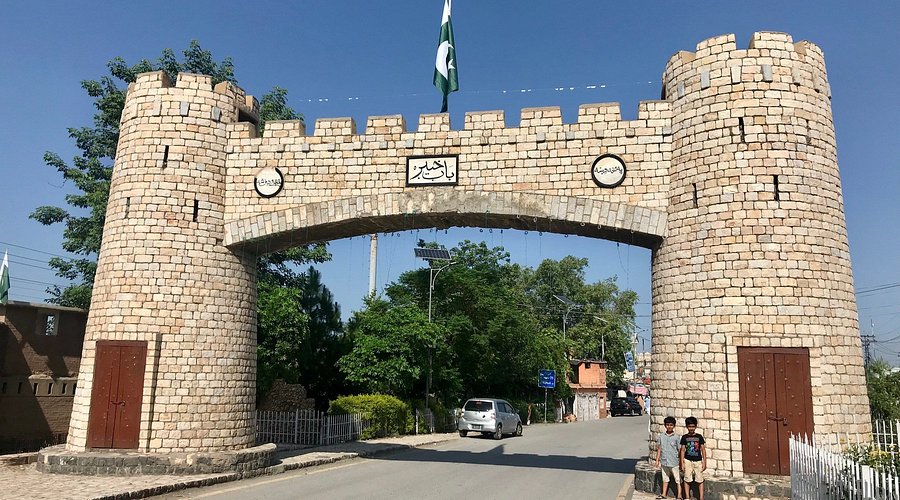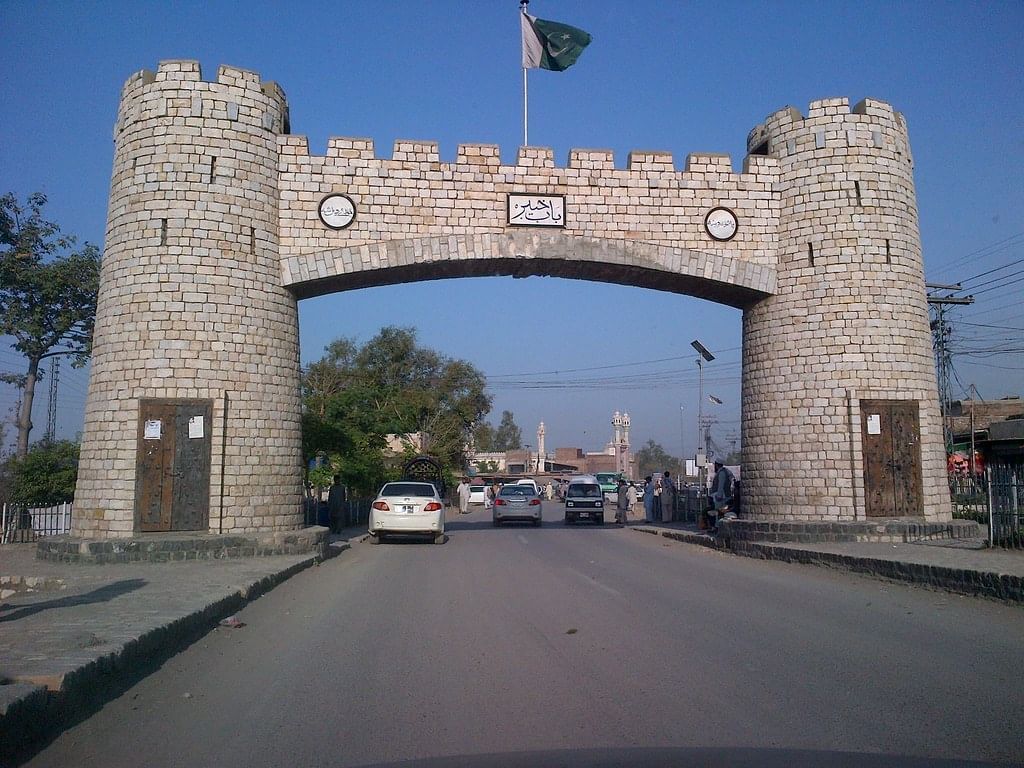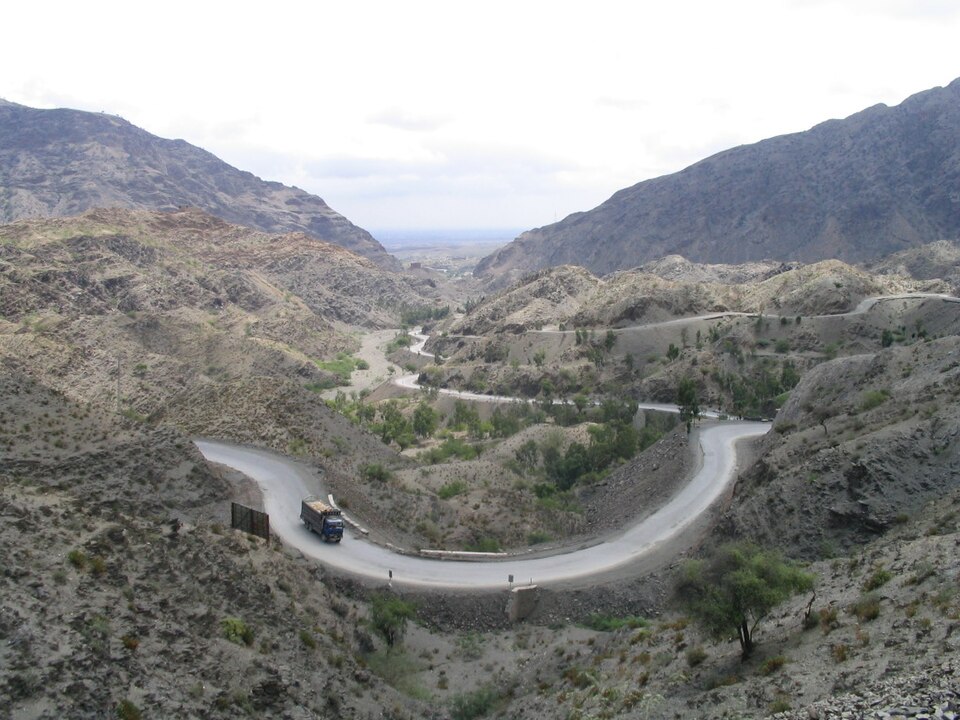Khyber Pass

Introduction
The Khyber Pass is a historic mountain pass that connects Pakistan with Afghanistan, serving as a strategic gateway between Central and South Asia. Located in the Khyber District of Khyber Pakhtunkhwa, it has been a key trade and invasion route for centuries.
Historical Background
Famous for its role in ancient and modern history, the Khyber Pass has seen the movements of armies from Alexander the Great to the Mughals and the British. It was a critical route during the Silk Road era and played a major role in British colonial military campaigns.
Geography and Importance
- Length: Approximately 53 km (33 miles)
- Location: Between Peshawar and Torkham, near the Afghan border
- Elevation: Peaks at around 1,070 meters (3,510 ft)
- Strategic Role: Vital trade and military route linking the Indian subcontinent with Central Asia
Modern Significance
Today, the Khyber Pass remains important for regional trade and cross-border movement. Though military tensions have affected its usage, it continues to be a symbol of cultural convergence and strategic value.
Quick Facts
- Region: Khyber District, Khyber Pakhtunkhwa
- Historic Use: Trade, invasions, migration
- Connected Cities: Peshawar (Pakistan) and Jalalabad (Afghanistan)
- Notable Sites: Jamrud Fort, Ali Masjid Fort
- Famous For: Historical military campaigns and the Khyber Railway
Image Gallery




Khyber Pass
Location: Khyber District, Khyber Pakhtunkhwa
One of the most historic mountain passes in the world, linking South and Central Asia and rich with centuries of cultural and military history.
Learn more